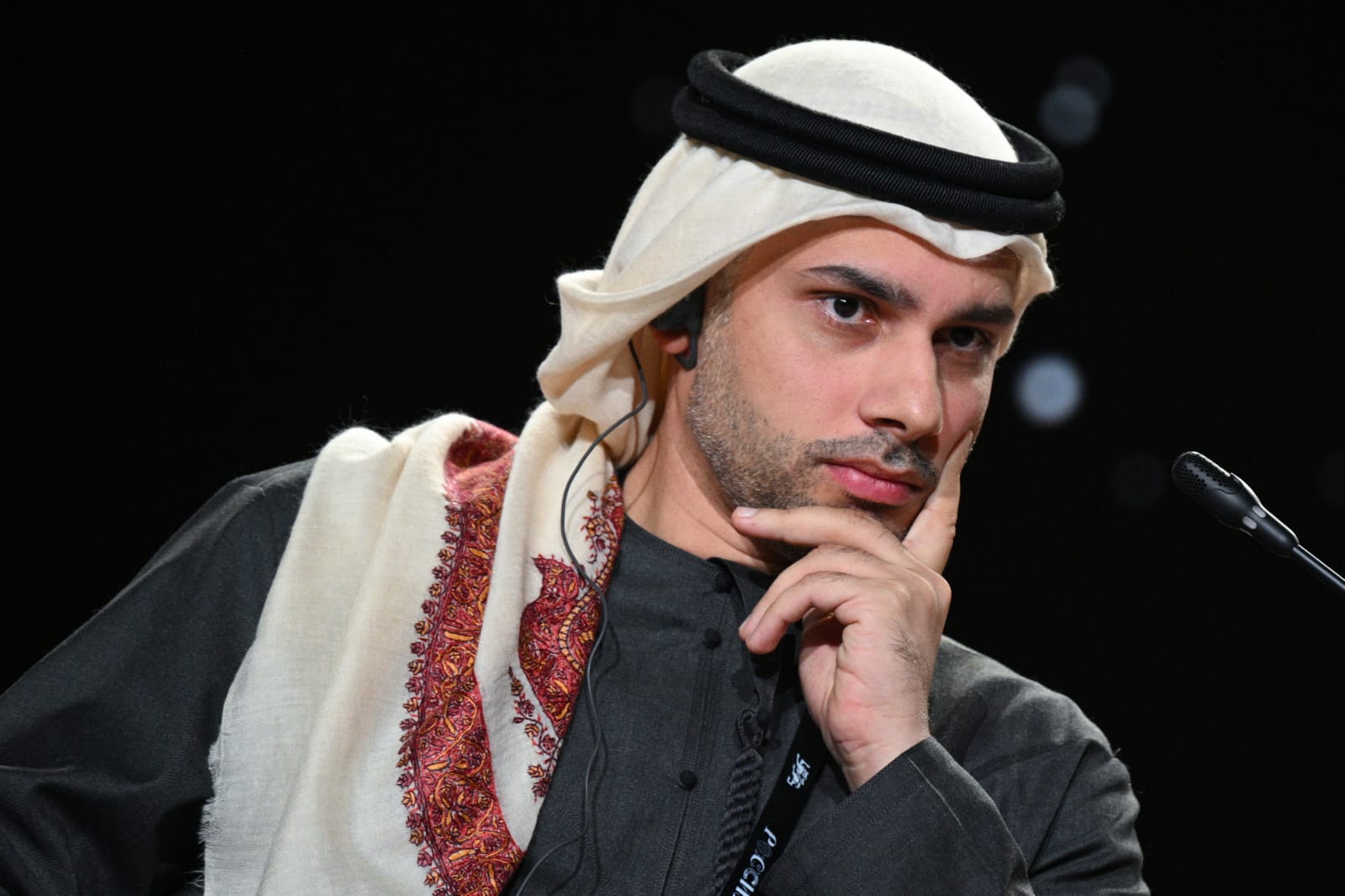JOHANNESBURG, – PARTICIPANTS of the opening plenary discussion at the “Creating the Future” International Symposium, held on November 4 at the National Center “Russia,” discussed advanced technologies, the future of a multipolar world, and future civilizations.
The session’s theme was “The Philosophy of the Future.”
“The unity of a nation is defined not only by traditions but also by its vision for the future—if you will, by its dreams. And of course, we have dreamed and continue to dream of a sovereign and strong country, a just world order where people of every nationality have the opportunity to realize their talents, to be happy and successful, and to live in a safe world.
The National Center ‘Russia’ was established by the decision of our President as a continuation of the ‘Russia’ Exhibition. It is significant and fitting that it begins its work with this first international symposium dedicated to looking into the future.
And it is no coincidence that the opening of both the exhibition, the National Center, and the Symposium happens on this significant day for Russia, our national holiday—Unity Day,” emphasized Sergey Kiriyenko, First Deputy Chief of Staff of the Presidential Administration of Russia, in his speech.
The priorities for societal development have remained constant over time, noted Mikhail Kovalchuk, President of the Kurchatov Institute Research Center.
“Every artist, composer, poet, architect, and scientist creates a universe from a minuscule amount of abstract symbols. To materialize ideas, energy is needed—these are the two eternal priorities. No matter what kind of future we build, we need matter and energy. And the third, most important, is intelligence—natural, not artificial. Russia has always possessed a powerful material, energetic, and intellectual foundation. Therefore, I believe the future will be bright,” emphasized Kovalchuk.
The main topics of the opening plenary discussion included shaping the society of the future, creating a sustainable living environment, the impact of artificial intelligence on human life, and the development of technologies. The discussion also highlighted the opportunities Russia can offer to global civilization. Yuri Maksimov, co-founder of Cyberus, pointed out that a choice of development path is now necessary.
“As humanity, we have ceased to work toward common goals. A massive amount of resources are currently being spent on replicating existing solutions. Additionally, the current digital architecture does not provide the level of sovereignty and security we need.
Humanity faces a challenge: we can either continue along the existing path, replicating old technologies, or we can redesign this architecture based on current needs and create technologies that serve people—not at the expense of their freedom or security. Russia can offer the world this new perspective on technology, engineering, and fairness,” emphasized Maksimov.
Building a vision for the future should also involve conceptualizing living spaces, stated Majid Al Mansouri, Executive Director of the Museum of the Future in the United Arab Emirates.
“We took an immersive approach, creating an exhibit to help people understand how technologies affect decision-making. This led to the idea of appointing a Minister of Artificial Intelligence, a role that was subsequently created. The museum serves as a platform for everyone to innovate and create,” shared Al Mansouri.
When we dream of the future, we bring possibilities closer, emphasized Italian science fiction writer Roberto Quaglia during the discussion.
“Everything should begin in the present, aligning with reality—so that we can make accurate forecasts. The exponential growth of technology is transforming our lives, with changes happening so fast that one can easily feel lost in them. Accepting the multipolarity of the world we live in is essential. We inhabit a single, complex space, and all changes are part of our imagination, which creates new structures,” Quaglia highlighted.
Other participants in the Symposium’s opening session, “The Philosophy of the Future,” included architect James Law, founder of the firm James Law Cybertecture; Semyon Mikhailovsky, Rector of the Ilya Repin Academy of Arts in Saint Petersburg and curator of the “Legacy for the Future” exhibition; and other esteemed guests.
The “Creating the Future” International Symposium runs from November 4 to 6, bringing together scientists, researchers, futurists, science fiction writers, and government officials from 101 countries, including Russia, India, Italy, Iran, China, the UAE, Serbia, the USA, and France. The program includes over 60 sessions focused on four main themes: the future of humanity, the future of technology, the future of a multipolar world, and the future of civilizations. Program details and event broadcasts are available on the website https://future.russia.ru/.
The “Creating the Future” International Symposium is the inaugural event of the National Center “Russia,” established on July 1, 2024, by decree of President Vladimir Putin. The Center is dedicated to preserving the legacy of the “Russia” International Forum and Exhibition and showcasing the achievements of the country and its citizens. The Center’s activities involve federal government agencies, state-owned companies, corporations, and regional authorities.


